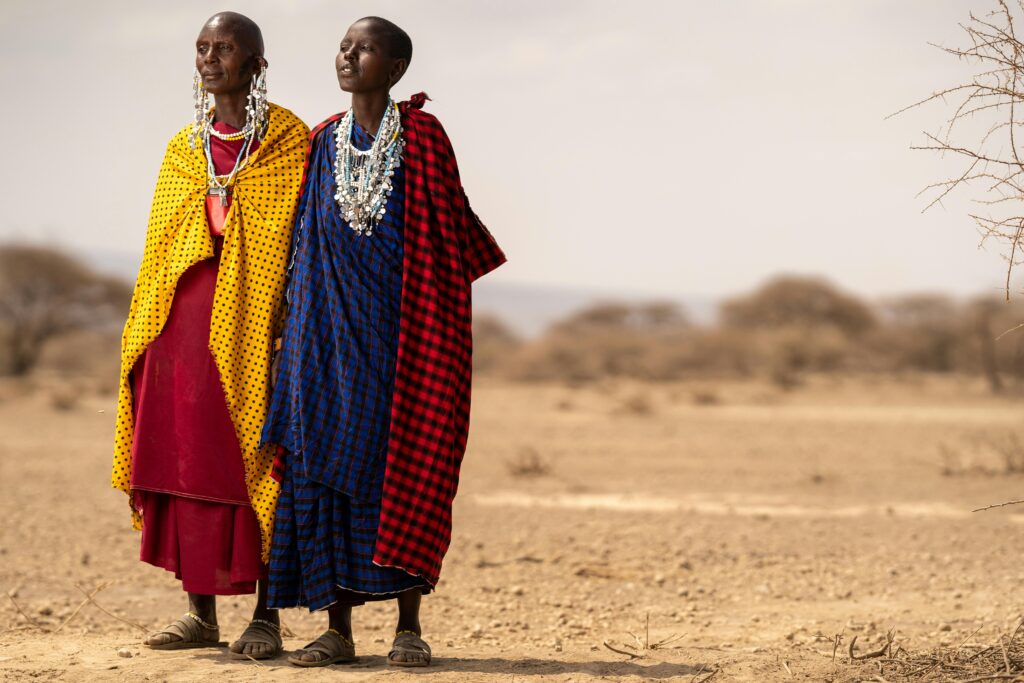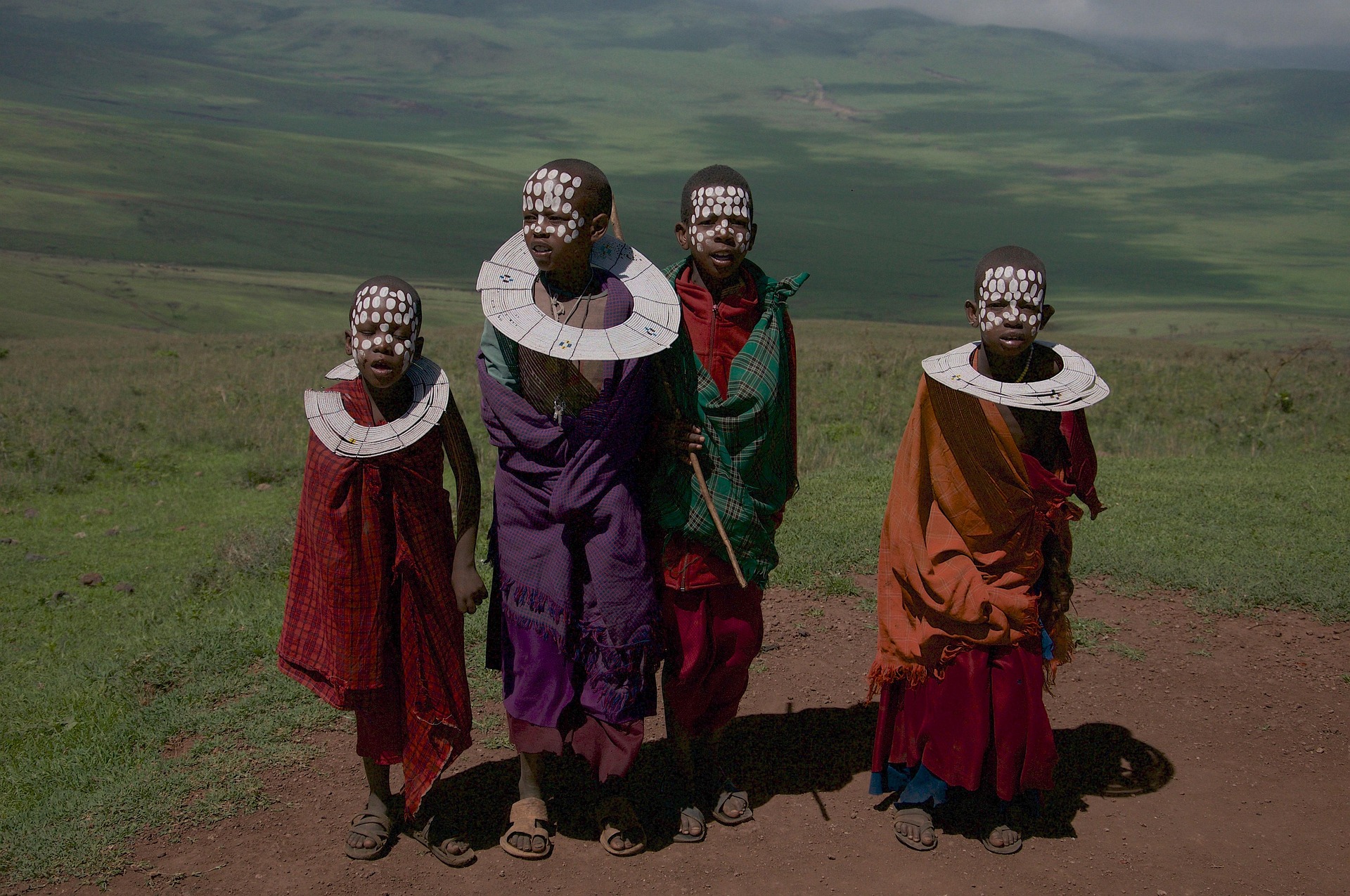In many languages, the word “welcome” is a polite formality a simple exchange between strangers. But in Swahili, the word karibu holds a much deeper cultural significance. It is not just a greeting; it is an invitation into a way of life that values community, warmth, and shared humanity. For anyone traveling through Tanzania, understanding the depth of karibu opens the door to a more respectful, enriching, and connected experience.
The Swahili coast, shaped by centuries of African, Arab, and Indian influences, has cultivated a hospitality culture unlike any other. When someone says karibu, they are doing more than acknowledging your presence they are offering you a place within their world, however briefly. Whether you are entering a home, passing through a village, or simply walking past a local food stall, that word reflects an ancestral tradition of generosity and connection.
Swahili hospitality culture is especially visible in smaller towns like Mto wa Mbu, a gateway to many of the community experiences offered by Swahili Cultural Trails. Here, visitors are welcomed not as customers, but as guests sometimes even as family. You may be invited to sit for a meal, participate in food preparation, or join in a story told by an elder. These moments are unscripted and genuine, driven by the same principle: karibu nyumbani welcome to our home.
Tourism in Tanzania is often associated with national parks and wildlife safaris, but what many travelers are discovering is the power of cultural tourism the opportunity to understand the people behind the landscapes. At Swahili Cultural Trails, cultural immersion goes hand in hand with sustainability. By supporting local initiatives and participating in community-led tours, travelers help preserve these traditions and ensure that the spirit of karibu continues to thrive in future generations.
To fully embrace the meaning of karibu, a traveler must approach with humility and curiosity. This includes learning a few basic Swahili phrases even a simple asante (thank you) or habari yako? (how are you?) can show effort and respect. Dressing modestly in villages, asking questions thoughtfully, and observing local etiquette also reflect a willingness to participate in the culture, rather than just observe it.
Ultimately, karibu is more than a word. It is a worldview one that recognizes the value of human connection, hospitality, and shared space. For visitors, it is an opportunity to move beyond being tourists and become part of something real. And for hosts, it is a way of life that has shaped generations and continues to define what it means to be Swahili.
So when you hear karibu in Tanzania, listen carefully. It is not just an invitation into a space it’s an invitation into a story, a heritage, and a home.


Join our growing community of culture lovers and ethical travelers. Get updates, discounts, and more.
Swahili Cultural Trails
Copyright © 2025. All rights reserved